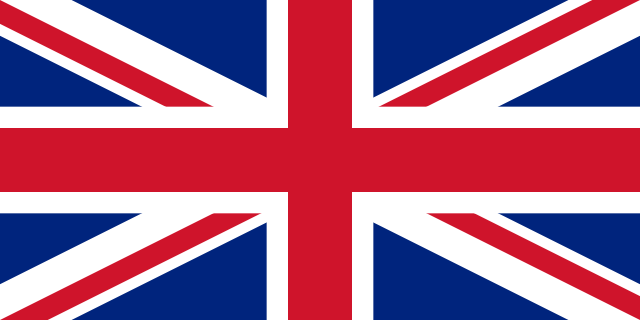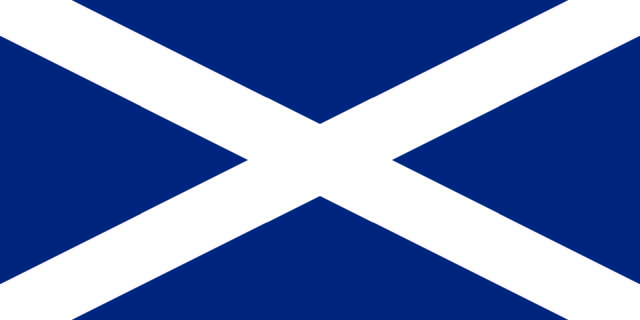Scotland and the UK
- 19 Sep 2014
- Scotland held a referendum to decide whether the country should be independent from the United Kingdom. The independence movement lost to the unionist movement, 45% to 55% respectively.
I didn’t have a horse in this race, but I was hoping that Scotland would stay with the UK, if only to keep the relevancy of one of the coolest national flags in the world.


I had a hunch that the voters would say No Thanks. I couldn’t really imagine Scotland going it alone, though I did expect the margin to be closer. I don’t know how much, or even if, the last-chance promises from Prime Minister Cameron and the UK government had swayed voters. Maybe John Oliver had something to do with it.
I first heard about the referendum around the 100 Days Left mark. I knew that the idea of Scottish nationalism was nothing new, because I’ve seen Braveheart, but I was surprised that it could change the world as we knew it. I don’t know when the referendum was announced, but I was impressed how the electorate included voters as young as 16. The expected turnout was 93%, but the actual turnout was 85%. It was still historically high, though.
The BBC has some interesting data from a voter poll. Glasgow, the largest city in Scotland, had the lowest turnout with 75%. The youngest voters, aged 16 to 17, were 71% in favor of independence, but young adults lowered the overall percentage of Yes voting in the 16-24 group to 51%. Pensions were a hot topic, so not surprisingly 73% of voters aged 65+ voted to stay with the UK in light of economic uncertainties involved with separation.
I might or might not see another sanctioned referendum in my lifetime. In any case, I don’t expect to see a country forming as the result of a region officially (and peacefully) voting to separate itself from a country. Catalonia in Spain and Crimea in Ukraine don’t count in this case. Maybe new countries will form as the result of existing countries or unions dissolving, like how Yugoslavia, Czechoslovakia, and the Soviet Union no longer exist.
My definition of a “new country” is one that hasn’t been independent while I’ve been alive. Technically, Scotland has always been a country, but it’s been a part of the United Kingdom of Great Britain and Northern Ireland for 307 years and counting.